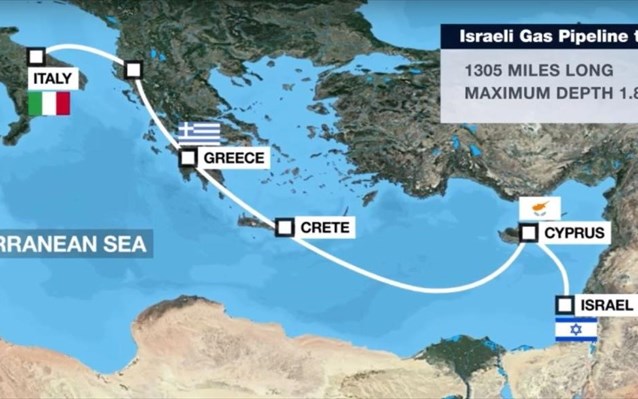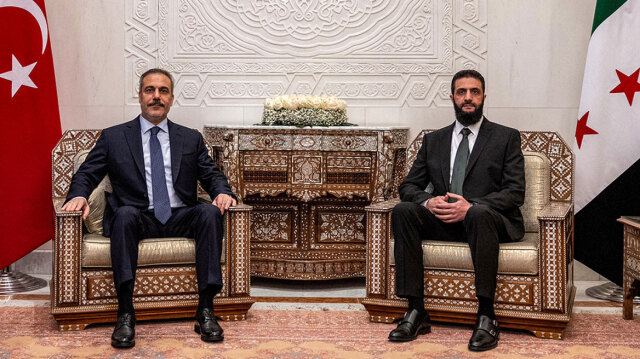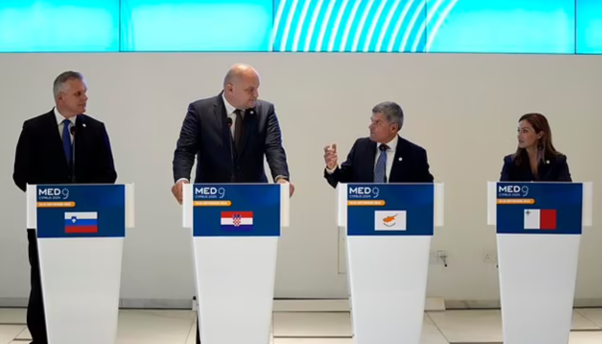Greece and Israel have rekindled discussions on the EastMed natural gas pipeline, exploring a scaled-down version focusing on transport to Cyprus and potential LNG export. This renewed interest comes as Europe seeks to diversify energy sources and the Eastern Mediterranean gains strategic importance. The project, alongside the EuroAsia Interconnector, aims to strengthen regional energy ties and secure Israel's energy future
Tag: energy cooperation
Greece and Cyprus are on high alert amid reports that Turkey is negotiating a maritime boundary agreement with Syria, raising concerns about a renewed push by Ankara to claim disputed areas of the Eastern Mediterranean. This potential deal, viewed as a violation of international law by Greece and Cyprus, echoes Turkey's past attempts to assert control over the region's resources and maritime boundaries, threatening regional stability.
Greece and Israel are reportedly ready to sign a significant energy cooperation agreement in Athens, with a primary focus on the long-delayed Great Sea Interconnector project. This strategic initiative involves deep-sea electrical connections between Greece, Cyprus, and Israel, which has faced challenges due to unresolved issues between Cyprus and Greece. The agreement is expected to include additional collaborations in renewable energy, energy storage, and hydrogen projects.
Minister of Electricity and Renewable Energy Mahmoud Esmat and Greek Minister Theodoros Skylakakis met to discuss the progress of the Egypt-Greece electrical interconnection project, emphasizing its strategic importance for both nations. Their discussions covered opportunities for collaboration in renewable energy, technological innovation, and knowledge exchange, aiming to enhance energy security and promote sustainable development in alignment with Egypt's Vision 2030 and the EU's carbon neutrality goals.
Greece is joining forces with eight other southern EU countries to transform the Mediterranean into a renewable energy hub, focusing on offshore wind and solar power. During the MED9 Energy Ministerial Meeting in Larnaca, officials emphasized the need to reduce bureaucratic barriers for cross-border energy projects. Greece aims to significantly increase its wind power capacity by 2050, leveraging its high potential in the Aegean Sea while promoting regional cooperation in the energy transition.
Greece and Cyprus have reached an agreement in principle to advance the Greece-Cyprus-Israel underwater electrical interconnection project. The deal includes key financial provisions and could secure the project's viability, pending decisions from Cyprus's Energy Regulatory Authority this week.






